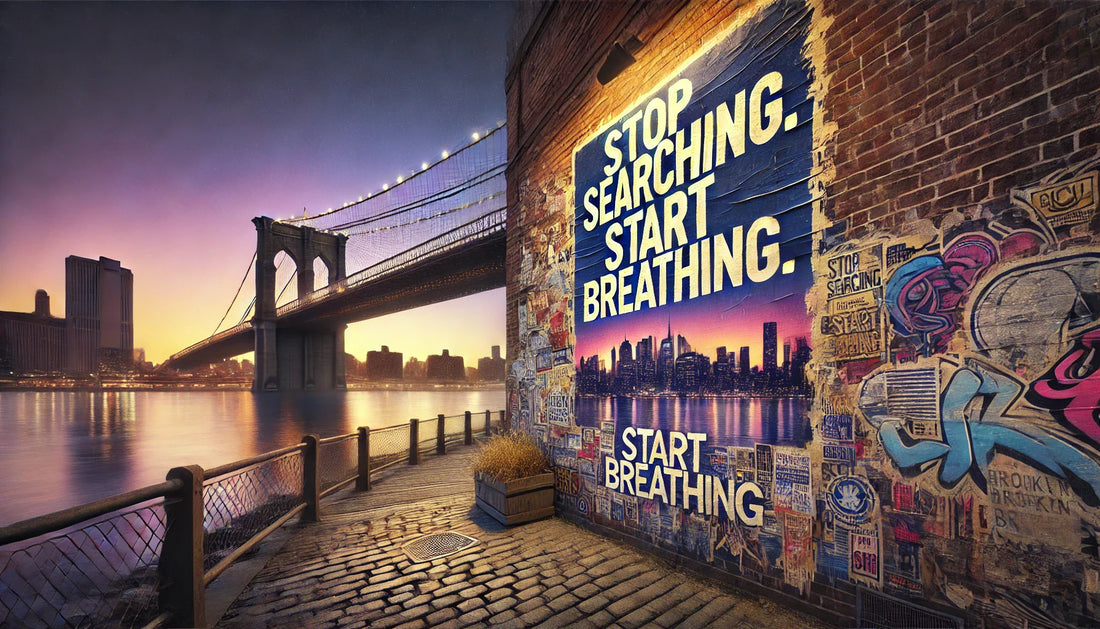A profound revelation came to me during a meditation in the yoga classroom: each person must decide for themselves what their purpose and mission in life will be. The prefrontal cortex—the part of the brain responsible for logic and reason—takes about 25 years to fully develop. It is unrealistic to expect someone to define their mission before then. The first 25 years of life are for learning, growing, and discovering. Only in the next chapter do we begin to envision a clearer path forward.
At 56, it would be misguided for me to tell a 23-year-old what they should strive for. Instead, what I can offer are insights into practices that remain relevant throughout life, no matter the stage. One of the most valuable skills is mastering relaxation and breath control. Becoming adept in this area will serve us in ways that are difficult to articulate. It’s best not to overanalyze—simply practice. Through experience, the benefits will become evident, without the need for explanations.
Another essential aspect of life, regardless of age, is character development and self-awareness. We must recognize when we slip into obsessive thinking or become lost in the internal world of our minds, making the external world feel distant and surreal. In these moments, we may miss what is actually happening around us, consumed by mental stimulation. It is vital to practice techniques that relax the senses, to take intentional pauses from constant thoughts, behaviors, anxieties, and addictions. Even a few minutes of quiet, focused breathing can create a reset.
This is not about solving all our problems in the moment or forcing solutions. Nor is it about surrendering in the traditional sense, as that often leads back into the cycle of mental activity and anxiety. Instead, we can practice detachment—observing without reacting. It may feel unfamiliar at first, but there is nothing to lose. This is an exploration of the mind, a way to distance ourselves from habitual anxieties by using the breath as an anchor and gradually training the mind to redirect itself.
It’s important to understand that this practice is not about suppressing emotions. We will still experience pain, anger, loneliness, and joy. The key is to take a deep breath, release judgment, let go of the narrative, and stop reacting impulsively. This requires practice.
We all face a fundamental choice in life: do we prioritize comfort and convenience, or do we embrace physical challenge to keep our bodies adaptable and strong? Riding the train, climbing stairs, and engaging with others—even in uncomfortable situations—are necessary experiences. A completely controlled environment, with artificial air and lighting, may feel safe, but it can also weaken our resilience.
I do not advocate unnecessary suffering, but I do believe in designing a life that meets our needs while allowing space for connection and challenge. Simplicity does not mean deprivation. It is about recognizing that fulfillment does not require excess—five cars, multiple servants, or an abundance of material possessions.
When starting out, especially with limited resources, we must choose wisely. A balanced approach—favoring simplicity over indulgence—creates adaptability. Struggle, particularly physical challenges, cultivates resilience. Our goal should be a lifestyle that includes movement, rest, quality sleep, and proper nourishment. In doing so, we build a foundation of strength and well-being that will carry us through life's inevitable challenges.
